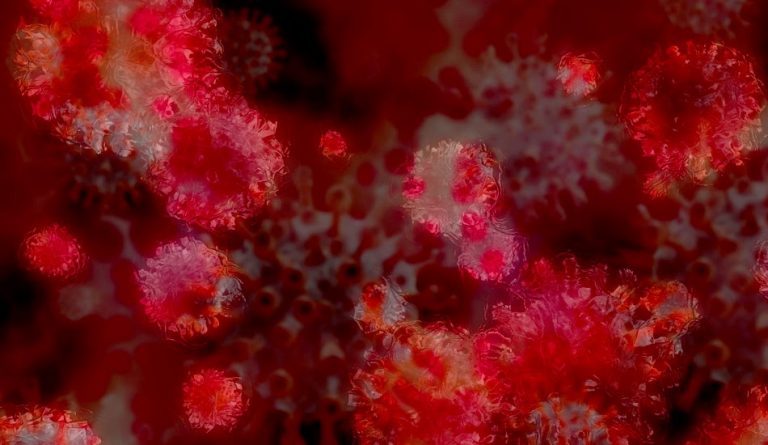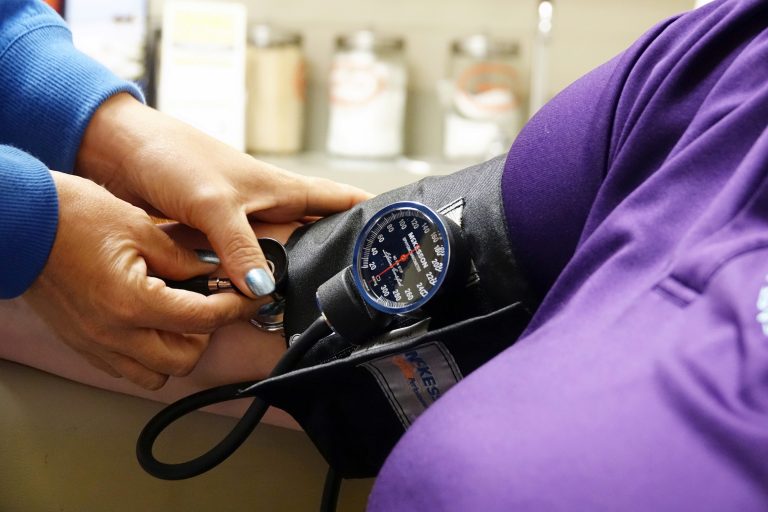The Brazilian variant coronavirus has made it into the United States, with the first case being reported in the state of Minnesota. The virus was discovered in a U.S. citizen from the Minneapolis-St. Paul area who had recently returned from a trip to Brazil.
Epidemiologists are presently collecting all important details like travel history, contacts, etc., related to the individual. Authorities have not found any evidence that the Brazilian strain is spreading within the state.
According to the U.S. Centers for Disease Control and Prevention (CDC), the Brazilian variant has a number of mutations that can affect its ability to be recognized by antibodies. There are concerns that the Brazilian strain could re-infect people who were already infected with COVID-19.

Dr. William Schaffner, an infectious diseases specialist at Vanderbilt University, says that such a development would be “disturbing.” After all, it would mean that the vaccination program being conducted might eventually prove ineffective in controlling the pandemic.
Schaffner thinks that it makes sense for the Brazilian variant to have been identified first in Minnesota, since the state’s lab capabilities are far superior to what is available in other states. Accordingly, he warned that it is possible that the Brazilian strain is circulating in other regions of the country, but it has not yet been discovered.

Success
You are now signed up for our newsletter
Success
Check your email to complete sign up
The Minnesota Department of Health (MDH) tests 50 random samples weekly in a bid to identify new variants. State Health Commissioner Jan Malcolm noted that the discovery of the Brazilian strain affirms the necessity for continued testing.
“We know that even as we work hard to defeat COVID-19, the virus continues to evolve as all viruses do… That’s yet another reason why we want to limit COVID-19 transmission — the fewer people who get COVID-19, the fewer opportunities the virus has to evolve. The good news is that we can slow the spread of this variant and all COVID-19 variants by using the tried-and-true prevention methods of wearing masks, keeping social distance, staying home when sick, and getting tested when appropriate,” he said in a statement.
The coronavirus variants are extremely contagous
The Brazilian version of the coronavirus, called P.1, has mutations on the genetic code that is responsible for the creation of spike proteins which helps the virus attach more firmly onto human cells. This makes it harder for the body’s immune system to get rid of the virus. Some of its mutations are similar to that of the South African and the UK variants in the sense that it allows the virus to spread more easily in a population.
What is worrying many scientists is the fact that P.1 emerged from a region that was already on the brink of achieving herd immunity. The variant was first discovered in samples from Manaus in the state of Amazonas in northern Brazil in December. In October, almost 76 percent of Manaus residents had contracted the coronavirus, which should have limited its spread. An investigation found that around 41 percent of Manaus residents were infected with the P.1 variant.
In addition to the Brazilian strain, MDH also reported two additional cases of the B.1.1.7 UK variant in Minnesota. The virus was found in people who had traveled to California. In total, eight cases of UK variant infections have been found in the state of Minnesota.
“These cases illustrate why it is so important to limit travel during a pandemic as much as possible… If you must travel, it is important to watch for symptoms of COVID-19, follow public health guidance on getting tested prior to travel, use careful protective measures during travel, and quarantine and get tested after travel,” State Epidemiologist Dr. Ruth Lynfield said in the press release.
Follow us on Twitter or subscribe to our email list







